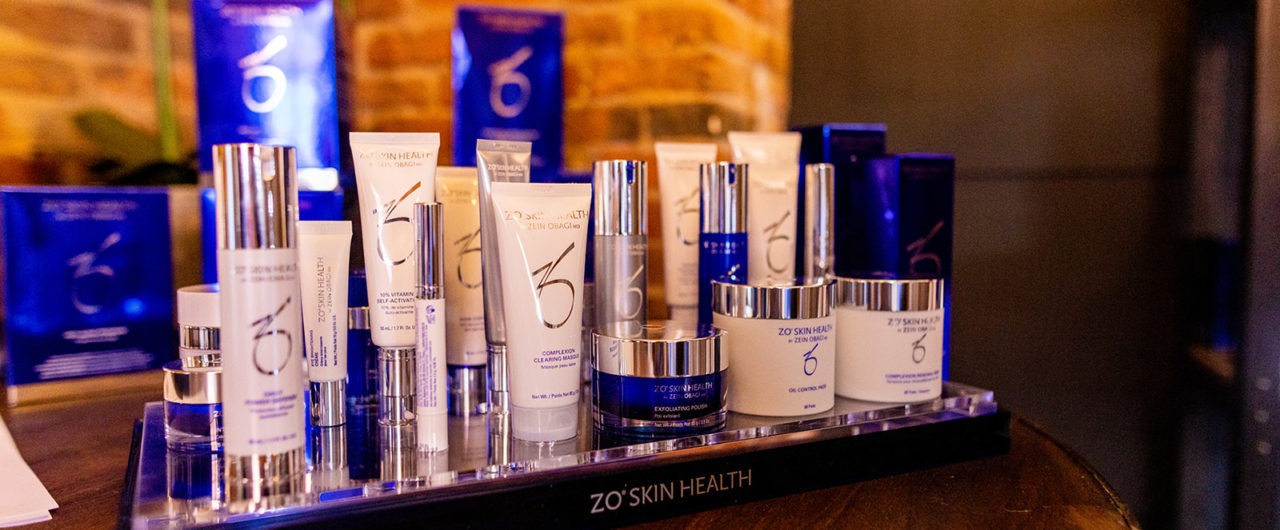What is Retinol?
Retinol is a type of vitamin A that boosts skin cell turnover and collagen production. In simpler terms, it helps your skin shed old cells faster and make new, fresher ones.
Retinol is part of a family of ingredients called retinoids, which all come from vitamin A, and are available as different strengths, the strongest being tretinoin.
Why is it so popular?
Retinol is one of the most researched and recommended skincare ingredients out there, and here’s why:
- Reduces fine lines and wrinkles
- Fades dark spots/pigmentation and acne scars
- Clears up breakouts
- Smooths skin texture
- Boosts that natural glow
What’s the catch?
Retinol is powerful, but with great power comes… a bit of downtime.
Especially when you first start using it, you might notice:
- Dryness or flaking
- Redness or irritation
- More sensitivity to the sun
This is totally normal and usually temporary. We call it reactivity; it is not an allergic reaction. If you want to avoid downtime, you can start slowly and build up gradually.
How to start using Retinol
Start with a Low Strength: Look for products labelled 0.25% to 0.5% retinol. You can always work your way up later.
Apply Only at Night: Retinol breaks down in sunlight, and it can make your skin more sensitive to UV rays. So, apply your retinol before you go to bed and always wash your face in the morning.
Layer correctly: After cleansing and fully drying your skin, apply a pea-sized amount of retinol to your face, avoiding the eye area and neck. You can apply ZO hydrating creams to counteract dryness.
Start Slowly: Start with one pump every three nights at first. Gradually increase to every other night, and eventually nightly, if your skin can handle it.
Never Skip Sunscreen: Retinol makes your skin more sun-sensitive, so wear broad-spectrum SPF 30+ every single day (even if it’s cloudy).
What Products Should I Try?
At Hampton Clinic we supply ZO Skin Health retinols (along with a full range of ZO skincare products). If you’re considering adding a retinol into your skin care routine, we would advise you book a consultation with Dr Hill and she can advise which one would best suit your skin.
Final Tips Before You Start
- Be patient! It can take 8–12 weeks to see real results
- Don’t mix retinol with other strong active ingredients (like AHAs, BHAs, or vitamin C) until your skin is used to it
- If you’re pregnant or breastfeeding, skip retinol entirely—it’s not licensed during this time
Retinol might sound intense, but it can be an absolute game-changer for your skin when introduced properly and with the advice and support from an expert. Start slow, stay consistent, and don’t forget the sunscreen. Your future glowing skin will thank you!



Connect with us